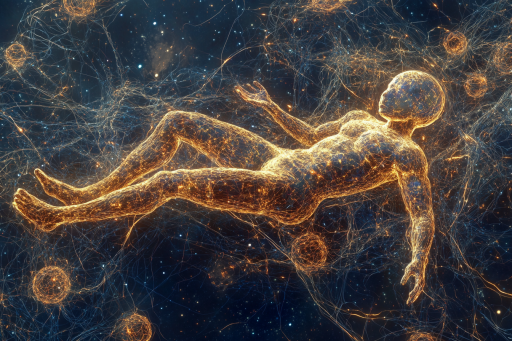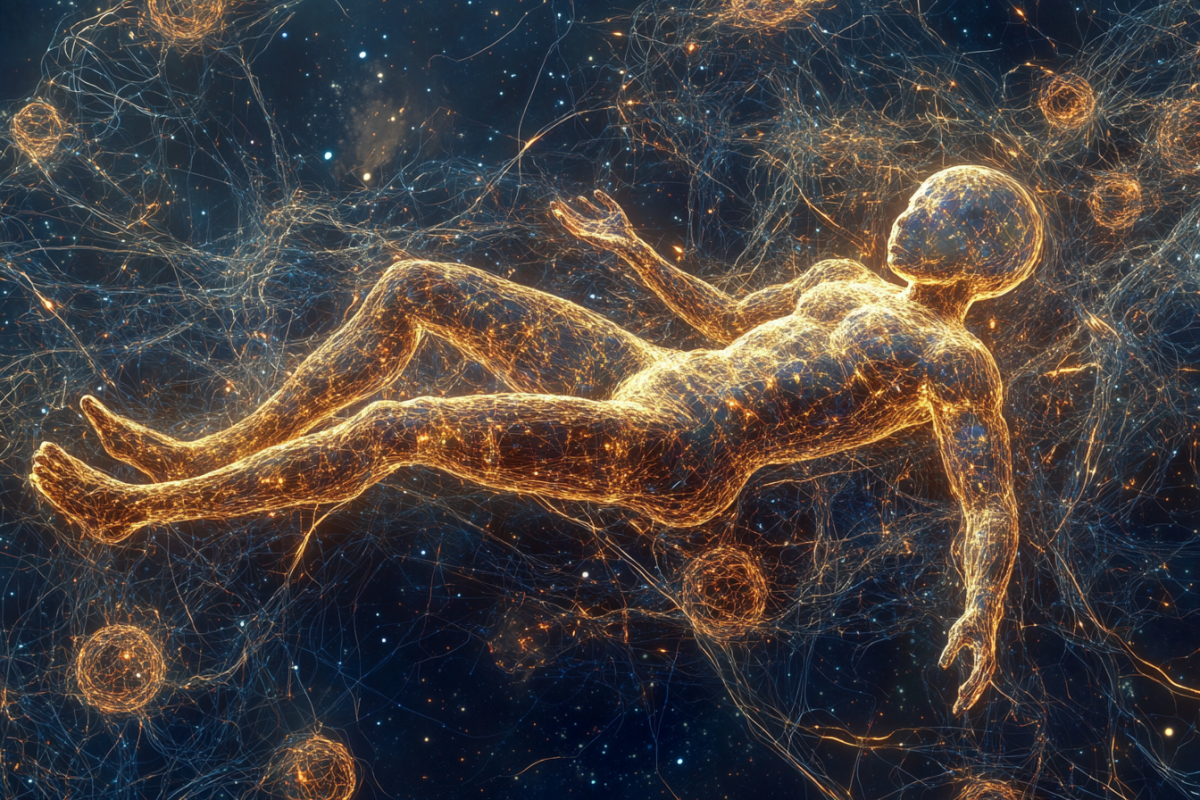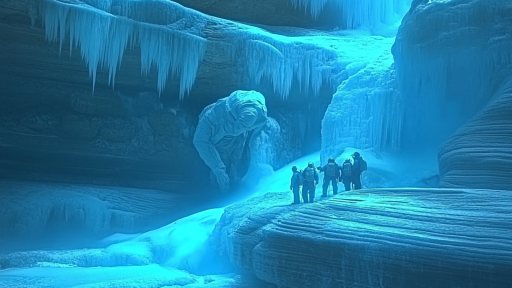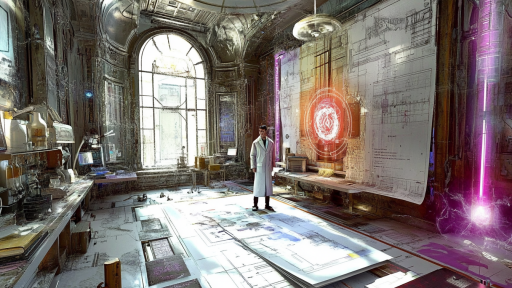
Space is an extreme and unforgiving environment, where gravity vanishes, radiation soars, and biological systems face conditions unlike anything on Earth. For humans, animals, and even microscopic life, exposure to space can lead to bizarre and unexpected changes. Some of these effects are temporary, while others permanently alter organisms in ways that defy logic. What really happens to living things when they leave Earth’s atmosphere?
Astronauts Grow Taller in Microgravity

Without gravity compressing the spine, astronauts can grow up to two inches taller in space. This temporary effect reverses once they return to Earth, but it can cause back pain and discomfort during missions. The lack of gravity allows the vertebrae to expand, creating a stretched-out posture. Could long-term space travel permanently reshape the human body?
Space Changes the Shape of the Human Brain

MRI scans of astronauts before and after space missions show noticeable changes in their brain structure. The brain shifts upward, filling in spaces left by shifting fluids, and certain regions expand due to the lack of gravity. Scientists are still studying how these changes affect cognitive function, memory, and problem-solving. Could extended time in space rewire the human brain in unpredictable ways?
Bizarre Mutations in Space-Grown Plants

Plants grown in space sometimes develop unexpected traits—faster growth, larger leaves, or even mutations in their DNA. Scientists believe microgravity and radiation exposure alter how plants adapt to their surroundings. Some of these mutations could help future crops survive on Mars, while others remain unpredictable. Could space farming unlock new, more resilient species of plants?
Space Weakens the Immune System

Astronauts in space experience a drop in their immune system’s effectiveness, making them more vulnerable to infections. The stress of microgravity, radiation, and disrupted sleep cycles all contribute to immune suppression. Even common bacteria can behave differently in space, sometimes becoming more aggressive. Could space travelers need enhanced immune treatments for long-term survival?
Bacteria Become More Dangerous in Space

Studies show that certain bacteria, such as Salmonella, become more virulent and resistant in microgravity. Scientists believe the lack of gravity alters their gene expression, making them harder to kill. This discovery raises concerns about how space travel could affect diseases. Could space-born superbugs become a serious risk for interplanetary missions?
Vision Problems from Space Travel

Many astronauts develop vision problems due to increased pressure on the optic nerve in microgravity. Fluid shifts in the body cause swelling in the eyes, leading to blurriness that sometimes doesn’t fully correct back on Earth. Some astronauts even return with permanent changes to their eyesight. Could future space explorers go blind if they stay too long in deep space?
Space Warps the Human Heart

Long-term exposure to microgravity causes the human heart to become more spherical. This shape change reduces its efficiency, leading to potential cardiovascular issues over time. Without gravity, the heart doesn’t have to work as hard to pump blood, which can weaken it. Could artificial gravity be necessary for human survival in deep space?
Tardigrades – The Creatures That Can Survive Space

Tardigrades, also known as water bears, are microscopic organisms that can survive the vacuum of space, extreme radiation, and freezing temperatures. They have been sent to space and survived without any protection, entering a state of suspended animation. Scientists are studying their resilience to understand how life could exist on other planets. Could tardigrades hold the secret to human survival beyond Earth?
The Strange Case of Space-Adapted Mice

Mice sent to space have been observed exhibiting bizarre behaviors, including hyperactivity and unusual backflipping movements. Scientists believe this is due to the lack of gravity affecting their inner ear balance and coordination. Unlike humans, who gradually adapt, some animals seem to experience neurological effects that never fully stabilize. Could this reveal new risks for mammals adapting to space?
Cosmic Radiation Alters DNA

Space exposes living organisms to cosmic radiation levels far beyond what is experienced on Earth. This radiation can damage DNA, leading to mutations and increased cancer risk. Even short trips outside Earth’s protective atmosphere show increased cellular damage in astronauts. Could prolonged space travel accelerate human evolution—or cause dangerous genetic defects?
Time Slows for Those in Space

According to Einstein’s theory of relativity, astronauts traveling at high speeds experience time slightly slower than people on Earth. This means space travelers technically age a tiny fraction of a second less than those on the planet. While the effect is minor at current speeds, future interstellar travel could create real time dilation. Could astronauts return to an Earth where everyone they knew has aged decades?
Human Bones Weaken in Space

Without gravity, bones lose mass and density at an accelerated rate. Astronauts can experience up to a 1% loss of bone density per month, similar to advanced osteoporosis. Exercise and diet help counteract this effect, but long-term space travel could lead to serious skeletal issues. Could future humans evolve lighter, more fragile bones in space?
Space Alters the Human Sleep Cycle

Without the natural cycle of day and night, astronauts experience serious disruptions to their sleep patterns. The lack of a consistent sunrise and sunset causes their internal clocks to drift, leading to insomnia, fatigue, and even hallucinations. Despite using artificial lighting and scheduled sleep times, many astronauts still struggle with chronic exhaustion. Could long-term space travel permanently alter the way humans sleep?
A Body Rebuilt in Zero Gravity?

Space doesn’t just challenge survival—it changes biology itself. From growing taller to warping hearts and brains, the human body faces extraordinary transformations beyond Earth. Could long-term exposure to space eventually reshape us into something no longer recognizable as human? As we look toward colonizing other planets, we may have to ask: what will we become?





